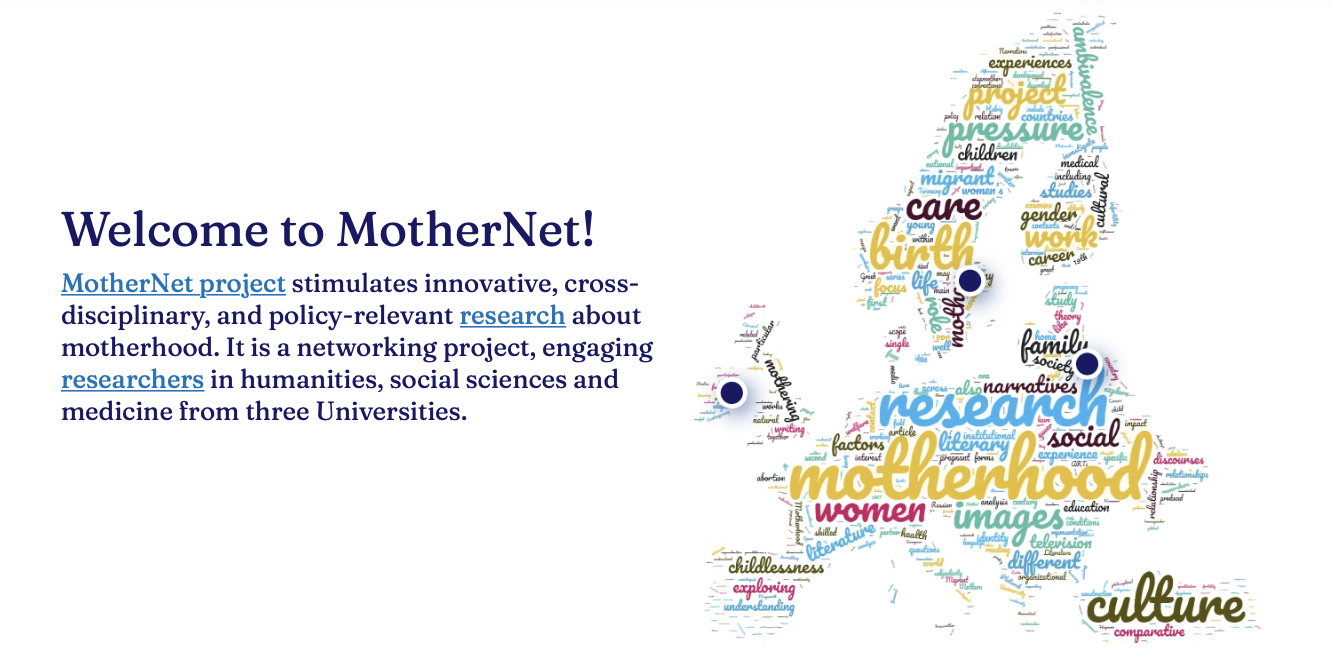We are happy to announce a guest lecture by Dr. Sirkku Latomaa, University of Tampere, Finland, on Tuesday the 28th of February at 15.00–16.30 (including discussion), the auditorium 314AB.
Sirkku Latomaa‘s guest lecture will be in English, and it is open to all students and the whole staff.
The past and present of linguistic diversity in Finland
Migration has always been a part of human history. Finns have moved around the world, and people from all over the world have moved to Finland. Until very recently, however, Finland has been regarded as an especially homogeneous and monolingual part of the world. Is there some basis for this myth, or should it be buried as inaccurate? In my lecture, I will look at linguistic diversity in Finland over time, examining both established and more recent language minorities (including Lithuanians in Finland). I will also discuss the linguistic rights of minorities and the current citizens' initiative the purpose of which is to improve the visibility of multilingualism in demographic statistics.
Sirkku Latomaa’s research and publications focus on multilingualism in the family and school contexts, minority languages, language rights, language awareness, and language-in-education policies. In 2021-2022 she was involved in a national evaluation project implemented by the Finnish Education Evaluation Centre. The aim of the project was to shed light on the state and effectivenss of education meant for newly arrived pupils with migrant background in Finnish schools.
Welcome to the event!



